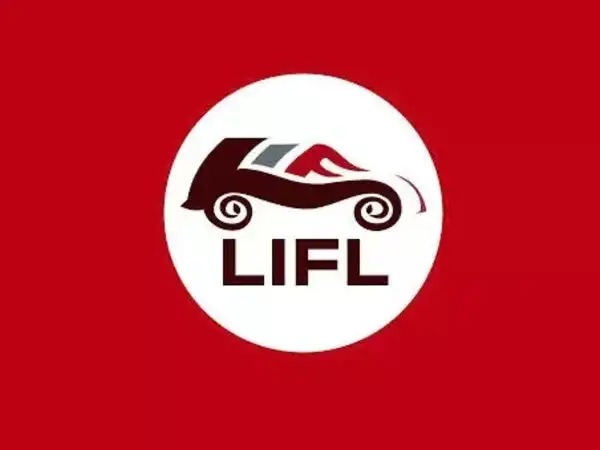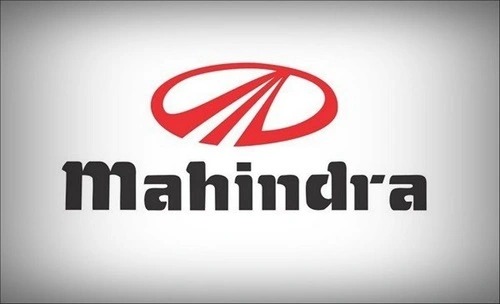
Follow WOWNEWS 24x7 on:

In a major development for India’s electric mobility landscape, JSW Motors and KPIT Technologies Ltd have announced a strategic partnership aimed at building the software and digital backbone for JSW’s upcoming new energy vehicle portfolio. The collaboration marks a pivotal step in accelerating the development of software-defined vehicles (SDVs), aligning with global trends in automotive innovation and sustainability.
Key Highlights of the Partnership
- KPIT Technologies will serve as the software integration and development partner for JSW Motors’ electric vehicle programs
- The alliance will focus on building a scalable, modular, and secure software architecture for next-generation EVs
- The partnership will cover embedded systems, middleware platforms, cloud connectivity, and AI-enabled features
- JSW Motors aims to leverage KPIT’s domain expertise to reduce time-to-market and enhance vehicle intelligence
This collaboration is expected to play a foundational role in shaping JSW’s entry into the electric passenger vehicle segment.
Strategic Objectives and Scope
- The partnership will enable JSW Motors to develop a differentiated EV platform with advanced digital capabilities
- KPIT will contribute its cross-domain knowledge in autonomous driving, electrification, and connected vehicle technologies
- The companies will co-develop a digital cockpit, vehicle operating system, and over-the-air update framework
- Cybersecurity, diagnostics, and predictive maintenance modules will be integrated to ensure long-term reliability
These components are critical for delivering a seamless and intelligent user experience in modern electric vehicles.
Technology Stack and Execution Roadmap
- KPIT will deploy its proprietary middleware and AUTOSAR-based architecture to support JSW’s SDV ambitions
- The software stack will be optimized for high-performance computing platforms and real-time data processing
- Cloud-based analytics and edge computing will be used to enable remote diagnostics and feature upgrades
- The first prototype vehicles are expected to roll out by mid-2026, with commercial launch targeted for FY27
The roadmap reflects a phased approach to development, validation, and deployment across multiple vehicle models.
Market Context and Competitive Positioning
- India’s EV market is projected to grow at a CAGR of over 40 percent through FY30, driven by policy support and consumer adoption
- JSW Motors aims to position itself as a premium EV brand with a focus on performance, design, and digital innovation
- KPIT’s proven track record with global OEMs such as BMW, Toyota, and Veoneer adds credibility to the partnership
- The alliance will compete with established players like Tata Motors, Mahindra Electric, and Hyundai in the connected EV space
This strategic tie-up offers JSW a fast-track entry into the EV market with a robust technology foundation.
Leadership Commentary and Strategic Vision
- Executives from both companies emphasized the importance of software in defining future mobility experiences
- JSW Motors views the partnership as a cornerstone for building a sustainable and intelligent mobility ecosystem
- KPIT Technologies reiterated its commitment to enabling clean, smart, and safe mobility through deep technology integration
- The collaboration is expected to generate long-term value for stakeholders by aligning with global automotive transformation trends
The partnership reflects a shared vision of innovation, agility, and customer-centricity in the evolving mobility landscape.
Conclusion
The strategic alliance between JSW Motors and KPIT Technologies marks a significant milestone in India’s automotive evolution. By combining JSW’s manufacturing and brand capabilities with KPIT’s software engineering prowess, the partnership is set to deliver a new generation of intelligent, connected, and sustainable electric vehicles. As the industry pivots toward software-defined mobility, this collaboration positions both companies at the forefront of the transformation.
Sources: Reuters, Economic Times, Business Standard, Moneycontrol, KPIT Technologies investor disclosures, Autocar Professional, Devdiscourse, Fortune India, The Hindu Business Line, Investing.com India



